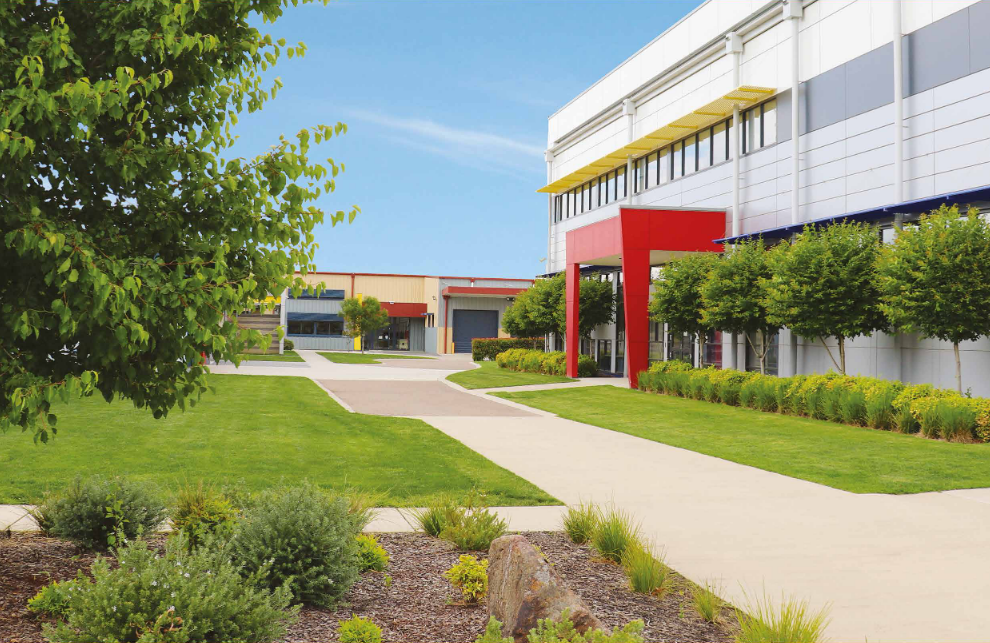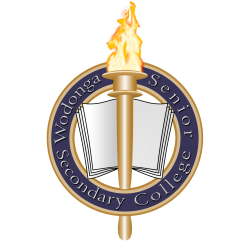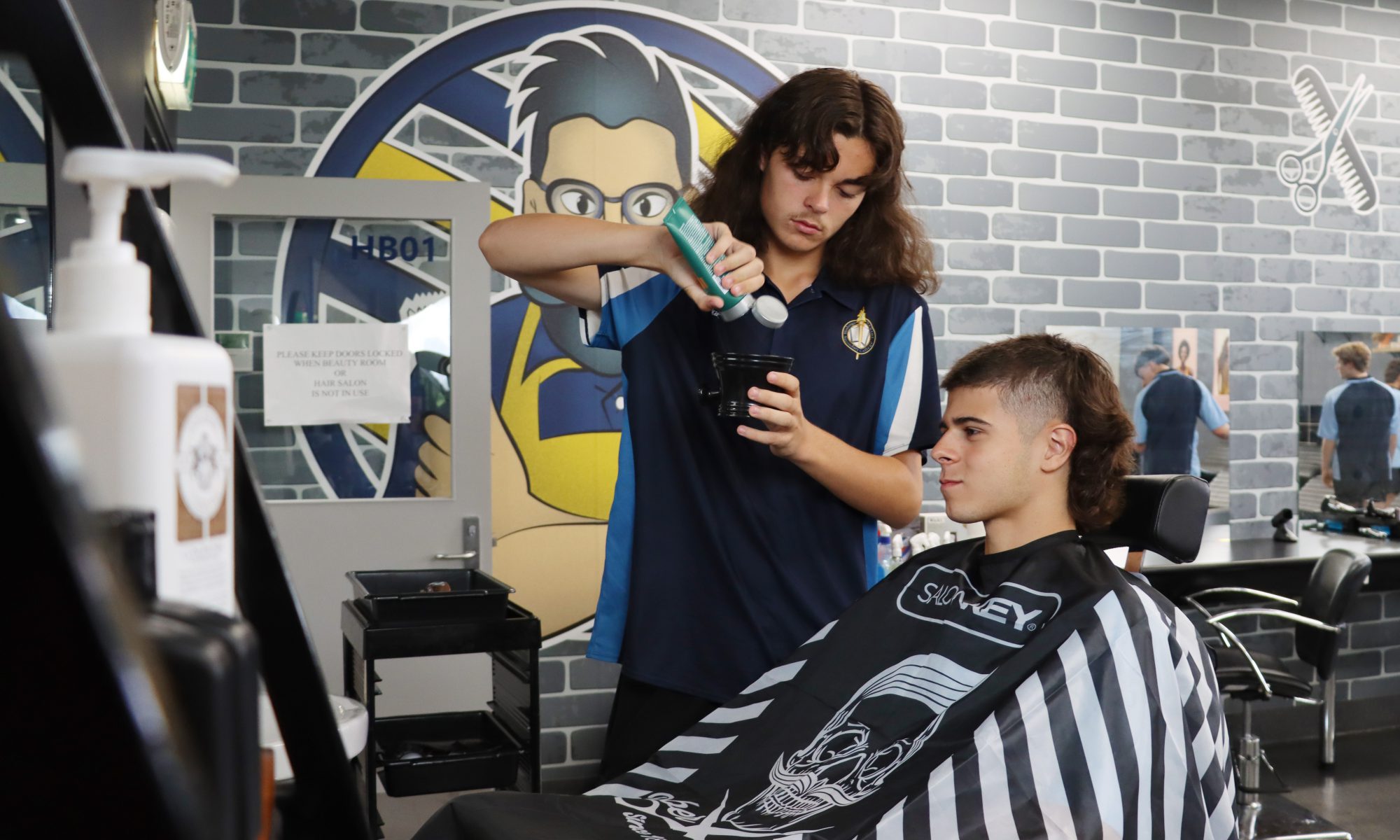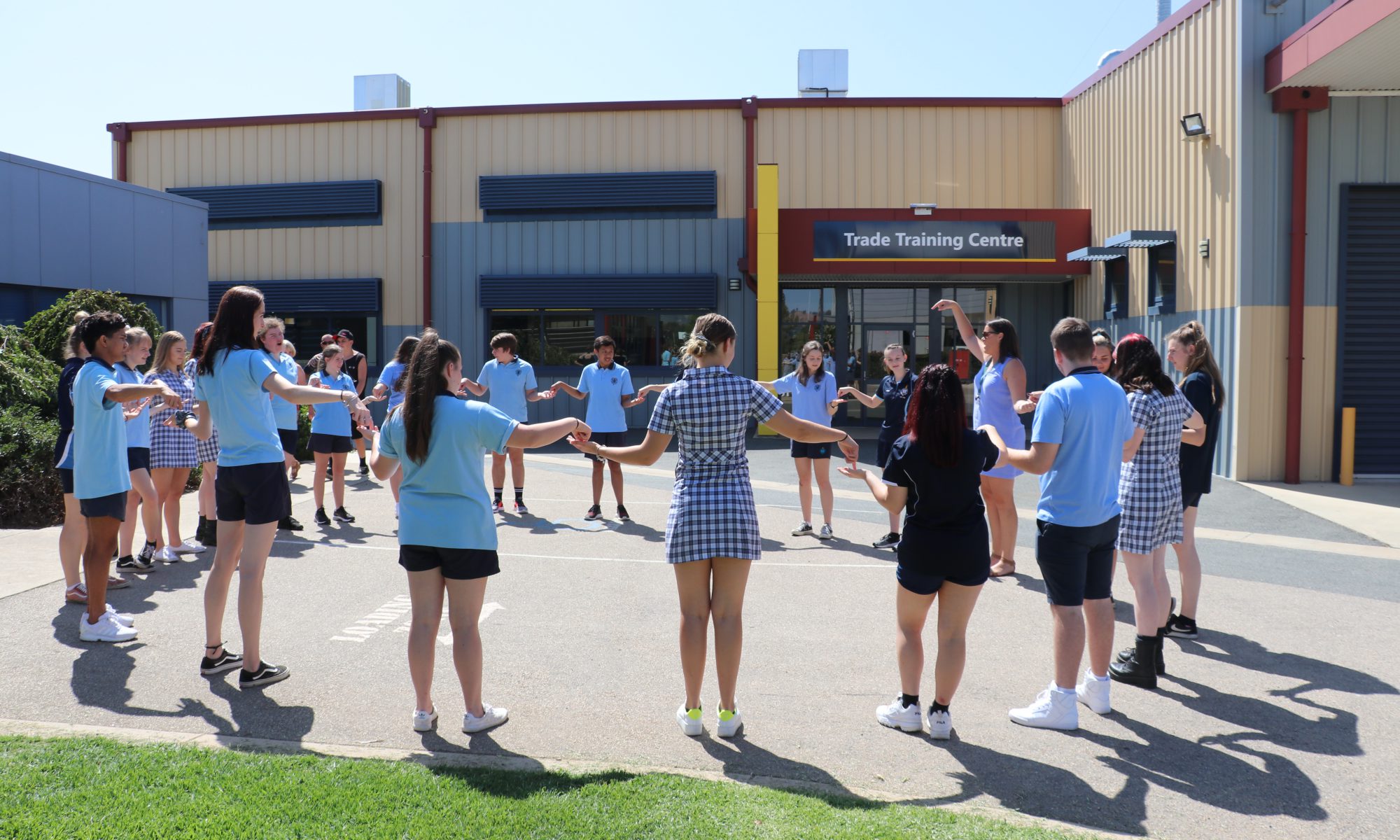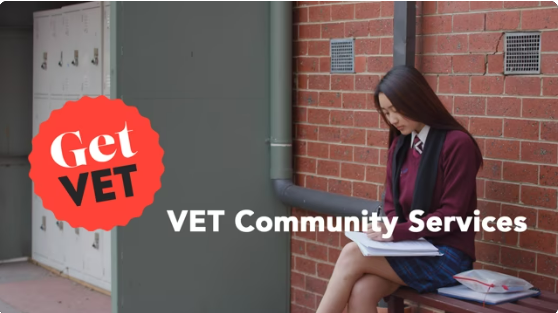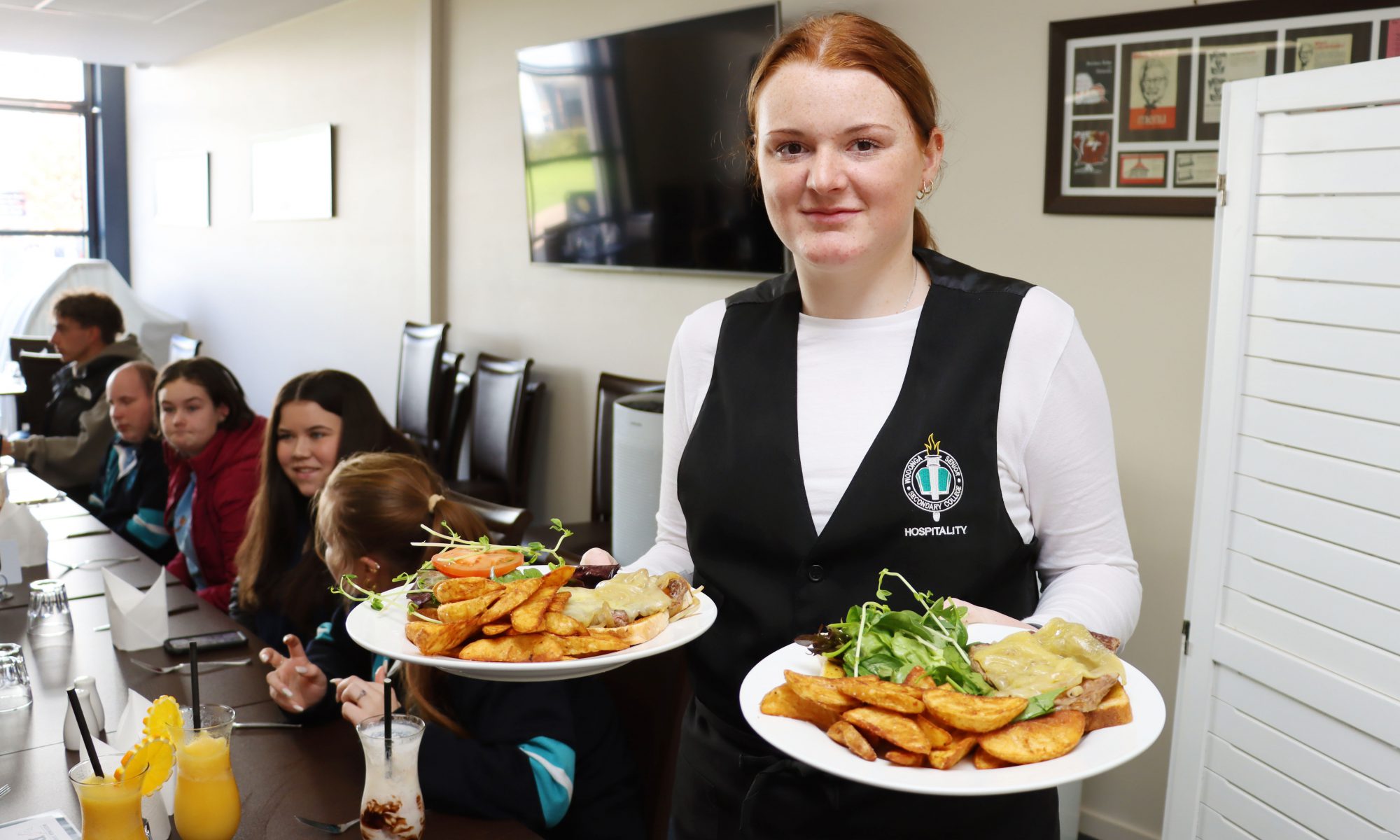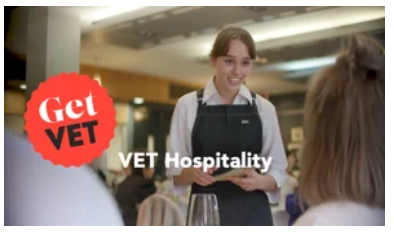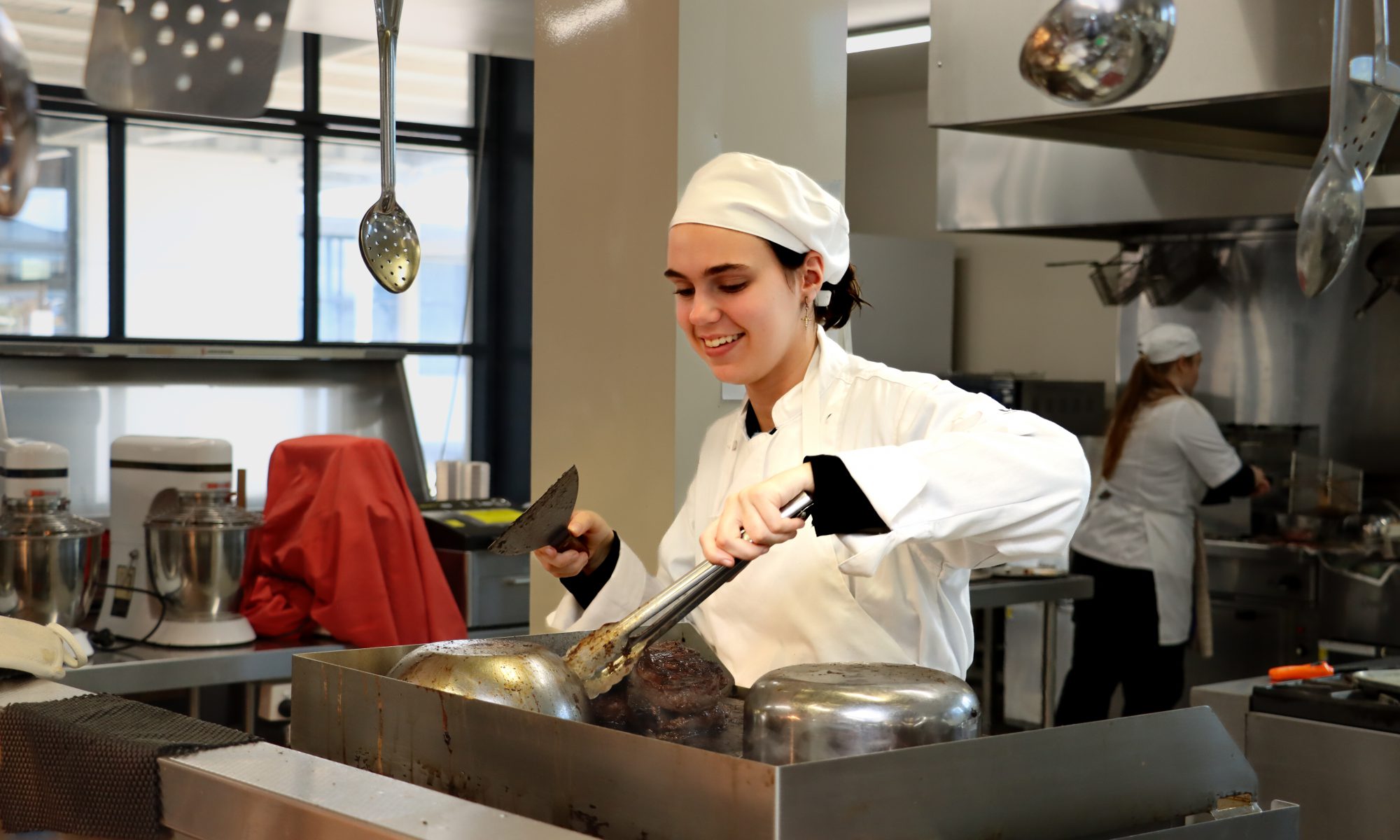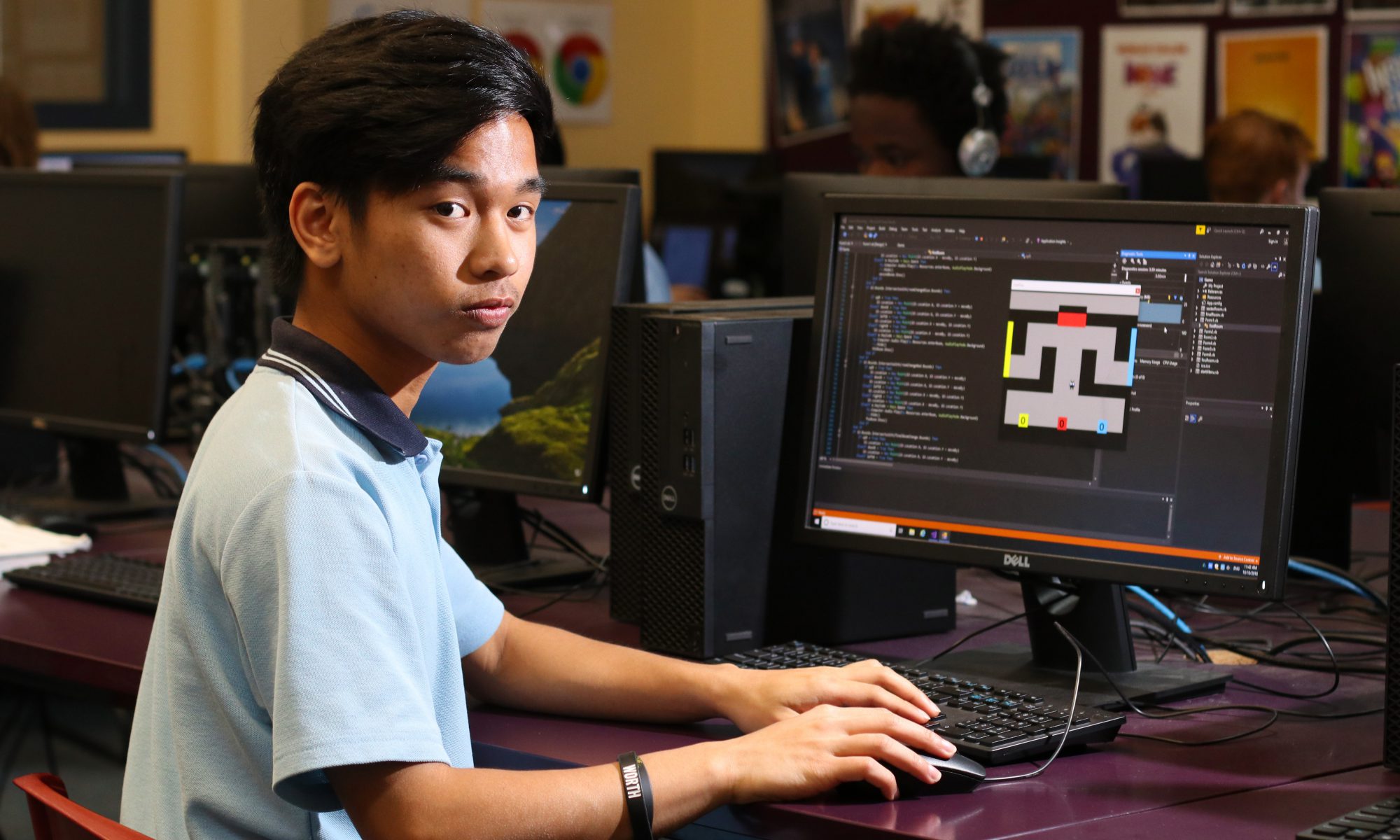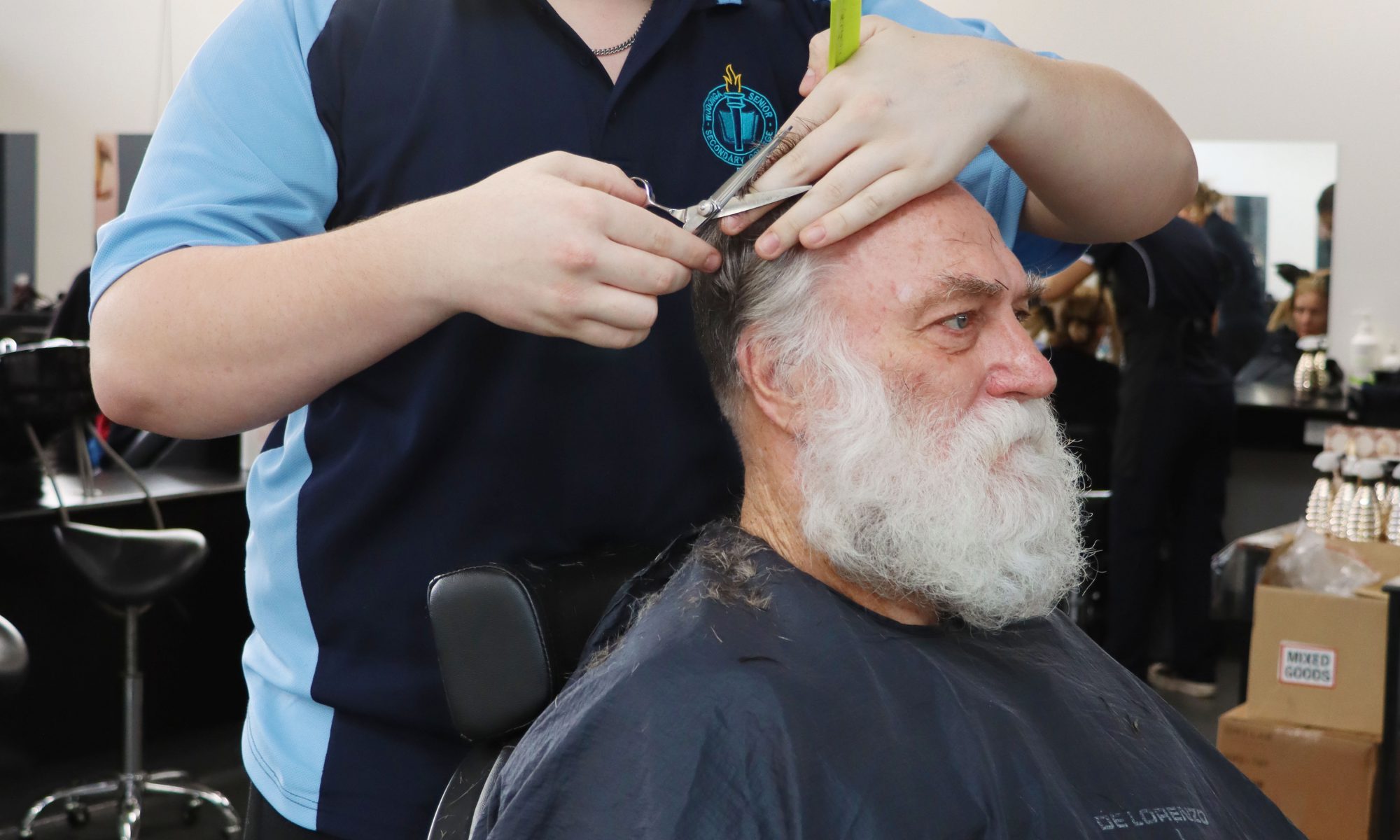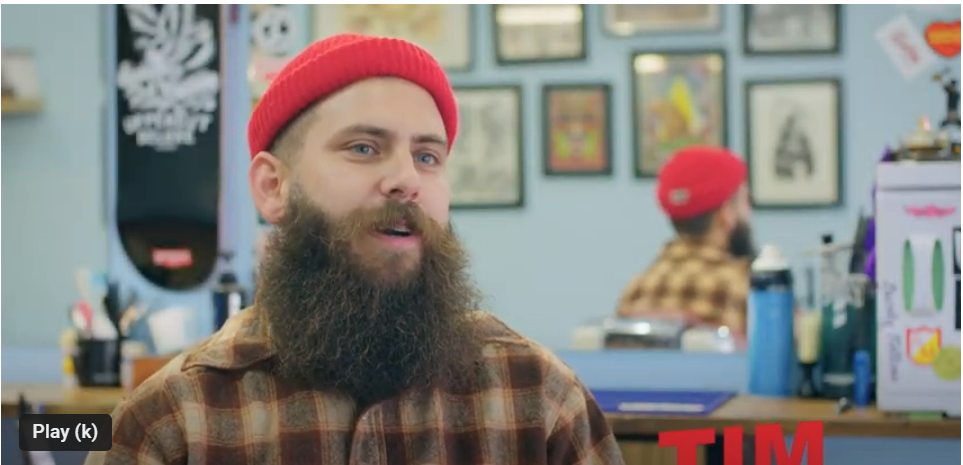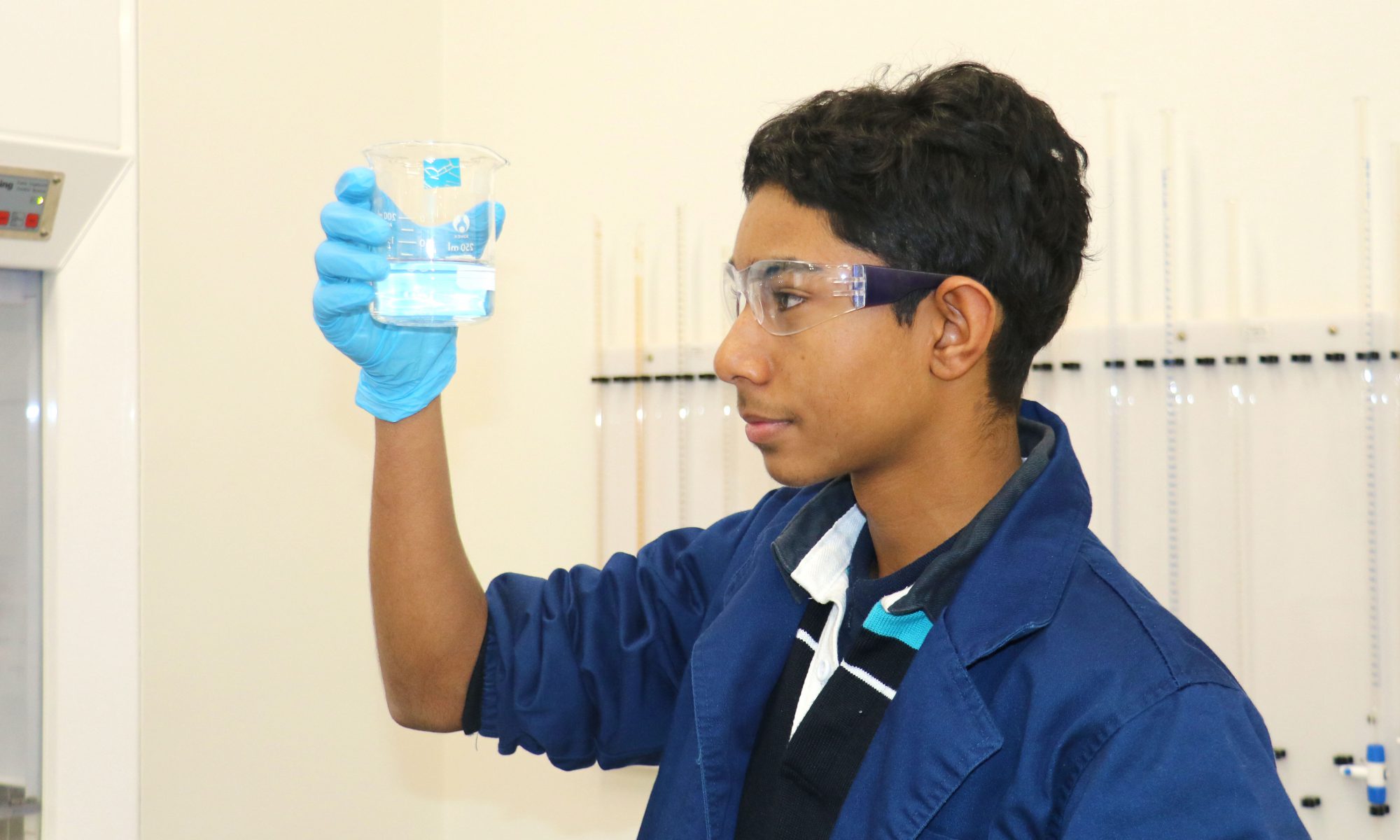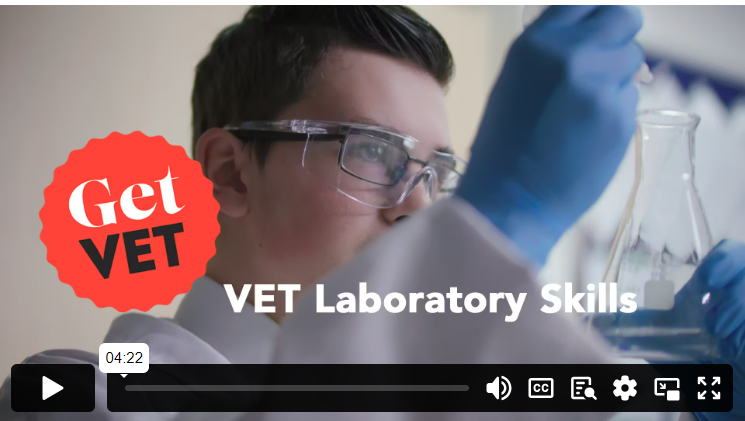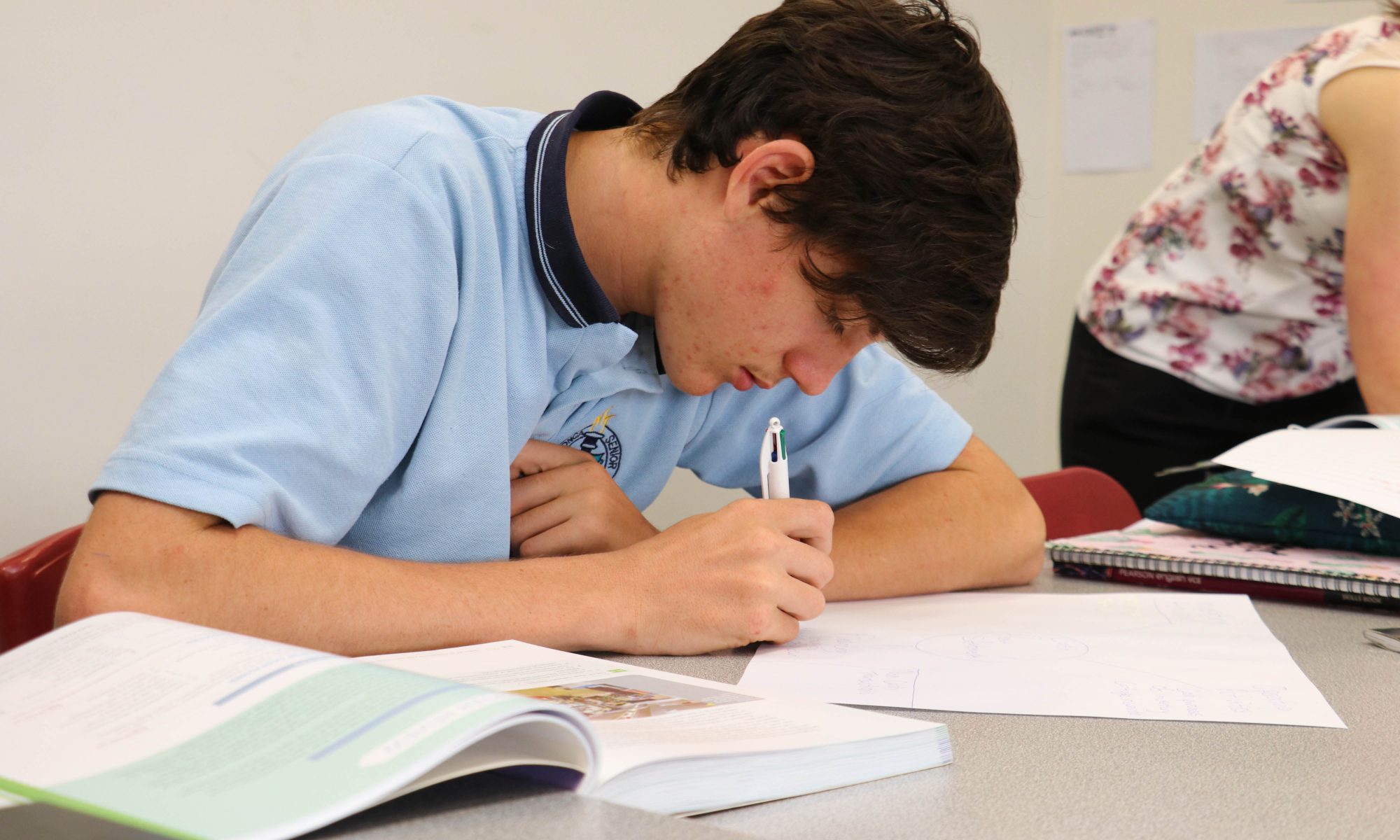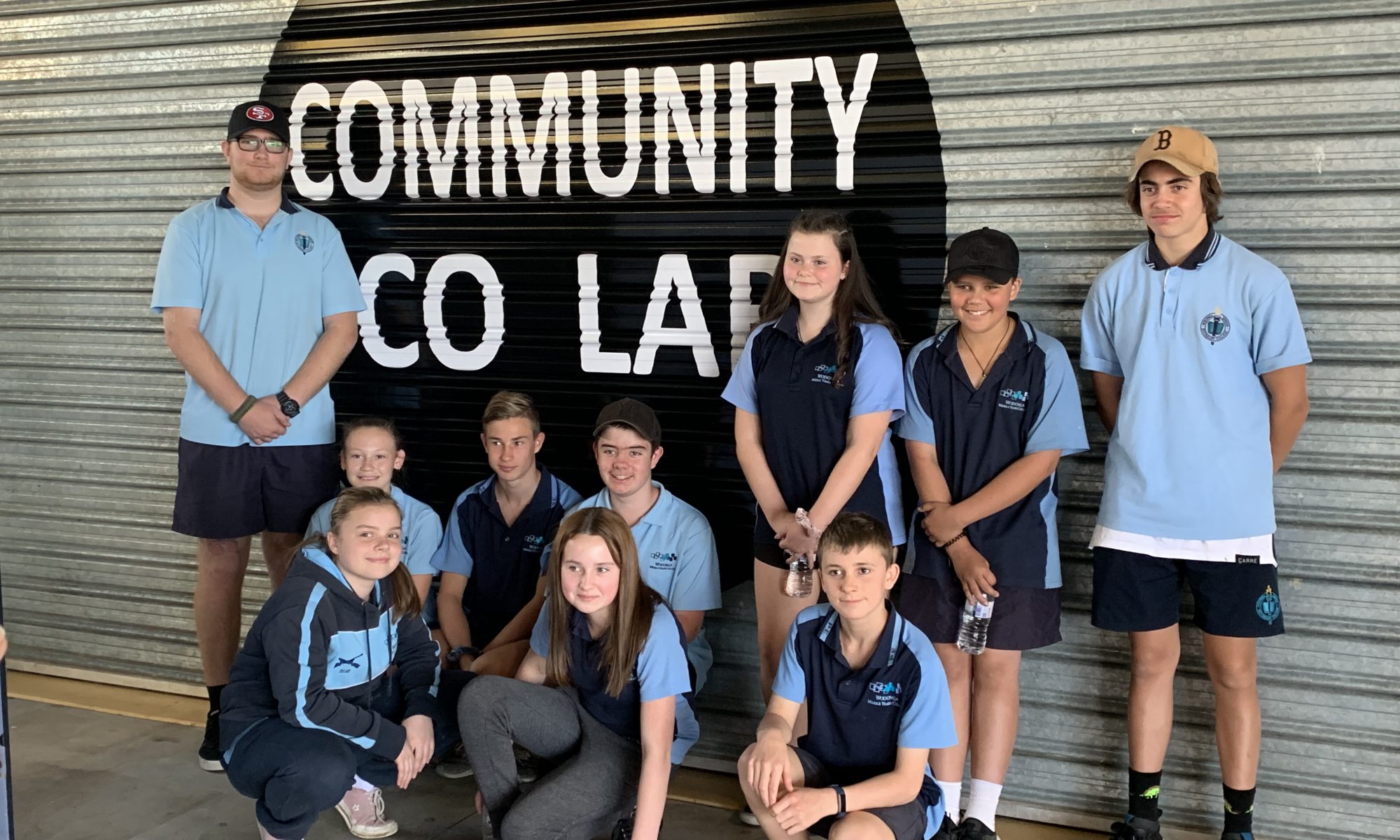Next Gen Barber (Integrated Barbering VCE VM)
Course Summary
This integrated program combines hands-on barbering training with essential workplace and personal development skills. It’s tailored for students aiming to enter the BARBERING (not hair and beauty) industry, providing both practical experience AND INDUSTRY knowledge to support successful transitions into the workforce.
The integrated program will be offered for Unit 1 & 2.
- VET Certificate II in Salon Assistant (Barbering) Unit 1 & 2
- VCE VM Work Related Skills Unit 1 & 2
- VCE VM Personal Development Skills Unit 1 & 2
This course equips students with the key knowledge and hands-on skills needed to succeed in the growing men’s barbering industry. Students will learn modern barbering techniques including haircuts, beard design, client styling, communication, and product knowledge, enabling them to work safely under routine supervision.
The program also includes Vocational Major Work Related Skills (WRS) and Personal Development Skills (PDS). WRS prepares students for the modern workplace by exploring industry trends, workplace environments, and decision-making through classroom and structured workplace learning. PDS supports personal growth by developing self-awareness, leadership, teamwork, and community involvement. Together, these elements help students build a strong foundation for both career and life.
VET Certificate II in Salon Assistant (Barbering)
This course is delivered over 2 year program. The second year will be standalone, not integrated.
VCE: Unit 1 & Unit 2 sequence available
ATAR Contribution: Unit 3 & 4 students do not receive a Study Score contribution for this subject
VET: SHB20216 Certificate II in Salon Assistant
Structured workplace learning advice: 40 hours is recommended but not compulsory.
VCE VM Work Related Skills (VCE VM WRS)
Students must complete 2 Units of Work Related Skills to be eligible for their VCE Vocational Major certificate.
Unit 3 & 4 will be delivered standalone, not integrated.
VCE: Unit 1, 2, 3 & 4 sequence available
VCE VM Personal Development Skills (VCE VM PDS)
Students must complete 2 units of Personal Development Skills to be eligible for their VCE Vocational Major certificate
Unit 3 & 4 will be delivered standalone, not integrated.
VCE: Unit 1, 2, 3 & 4 sequence available
Learning Activities & Assessment
- Safety
- Create haircuts using tracks and carving
- Design and maintain beards and moustaches
- Cut using freehand clipper techniques
- Dry hair to shape
- Greet & prepare clients for salon services
- Skin Fade / Bald Fade
- Mid Fade
- Low Fade
- Drop Fade
- Burst Fade
- Temple Fade (Brooklyn Fade)
- High Top Fade
- Shadow Fade
- Disconnected Undercut
- Textured Crop (French Crop)
Year 10 Sample Program
Year 10 English
Year 10 Maths
Next Gen Barber (VET Barbering, VCE VM WRS, VCE VM PDS – Unit 1 and 2)
Science Elective: Health and Human Development – Unit 1 and 2
Elective: VET Sport and Recreation – Unit 1 and 2
Year 11 Sample Program
VCE VM Literacy – Unit 1 and 2
VCE VM Numeracy – Unit 1 and 2
Next Gen Barber (VET Barbering, VCE VM WRS, VCE VM PDS – Unit 1 and 2)
Elective: Systems Engineering – Unit 3 and 4 (Completed Unit 1 and 2 in Year 10)
Elective: VET Sport and Recreation – Unit 1 and 2
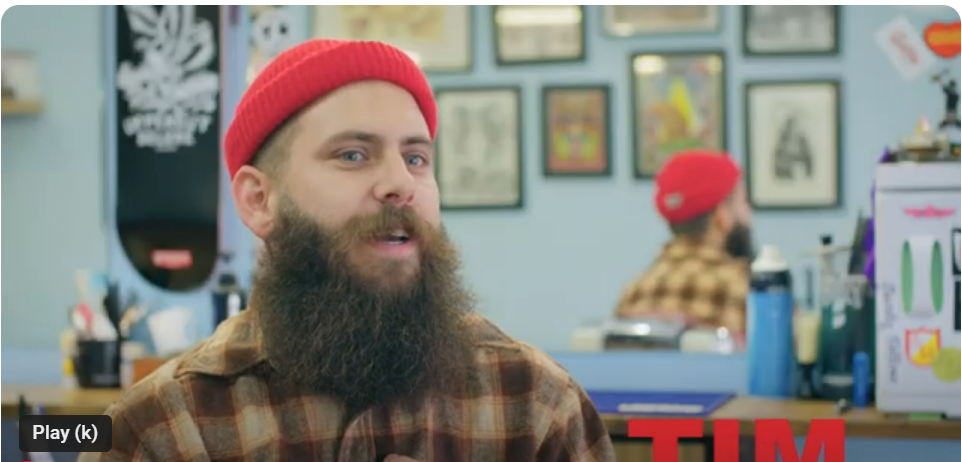
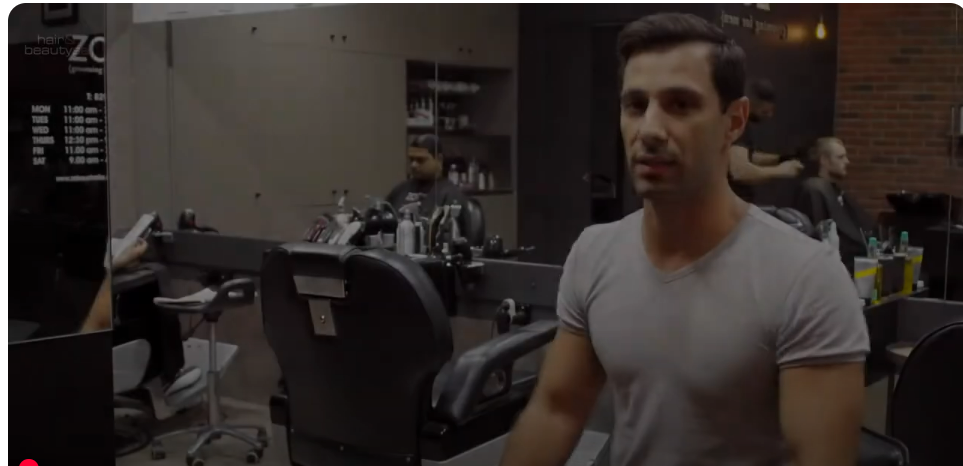
Classroom Virtual Tour
Quick Links
Approximate Costs
Unit 1 & 2
Unit 3 & 4
Learning Area Contact
Learning Area Leader
